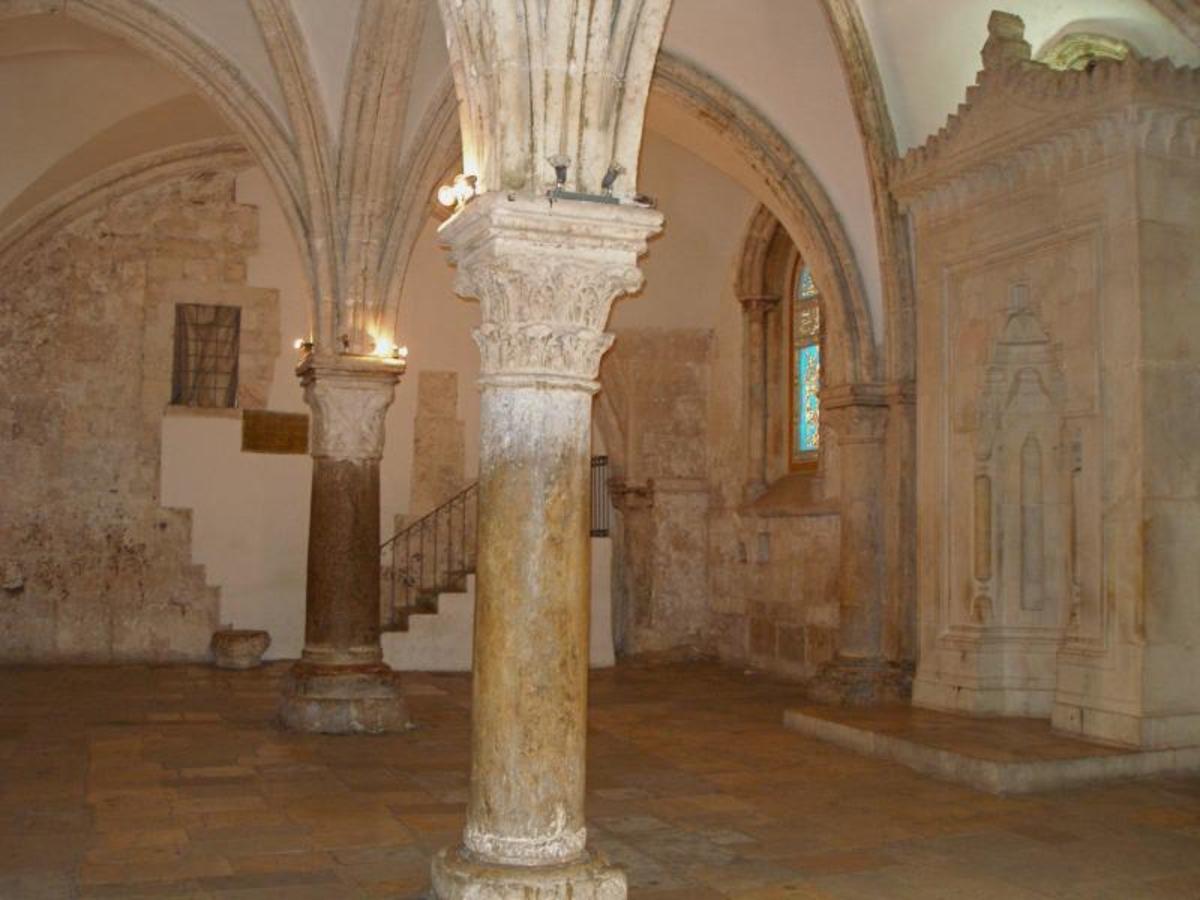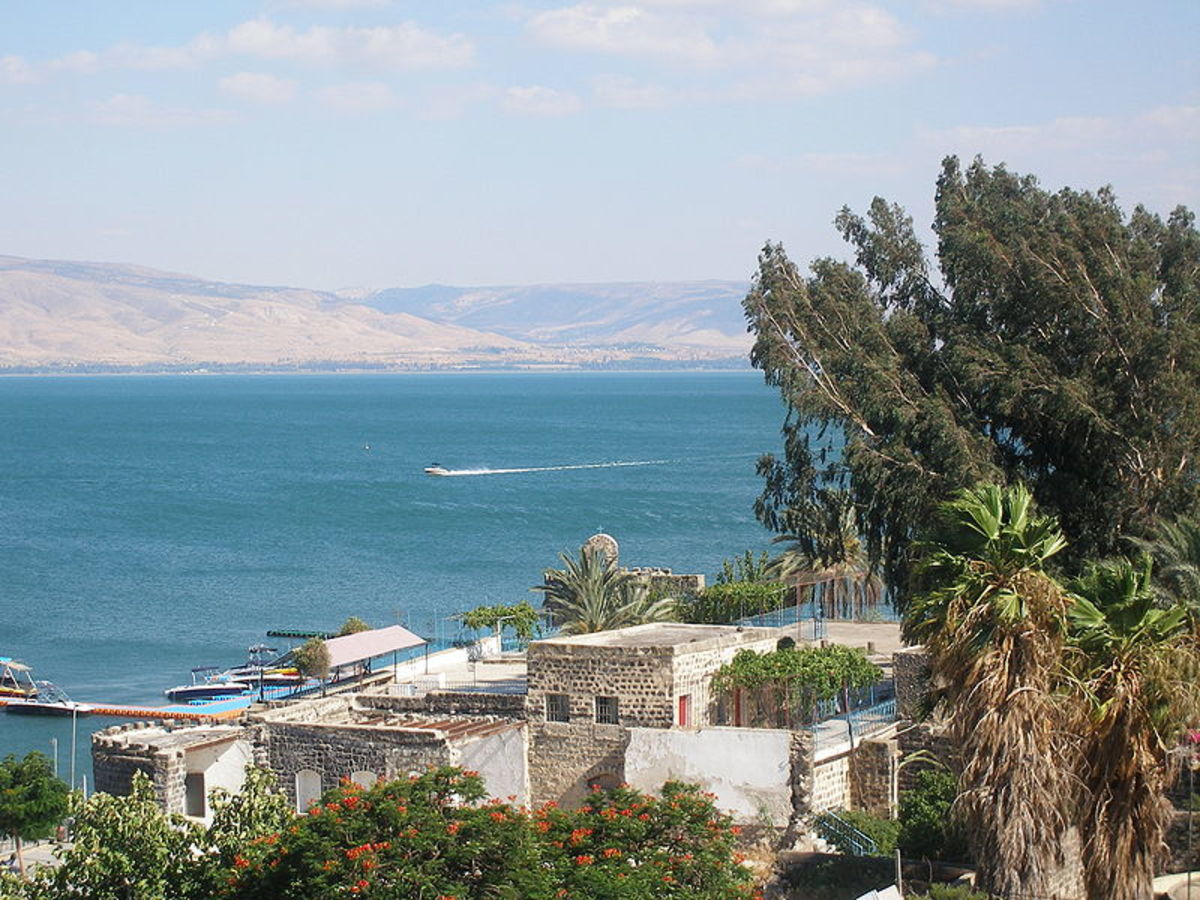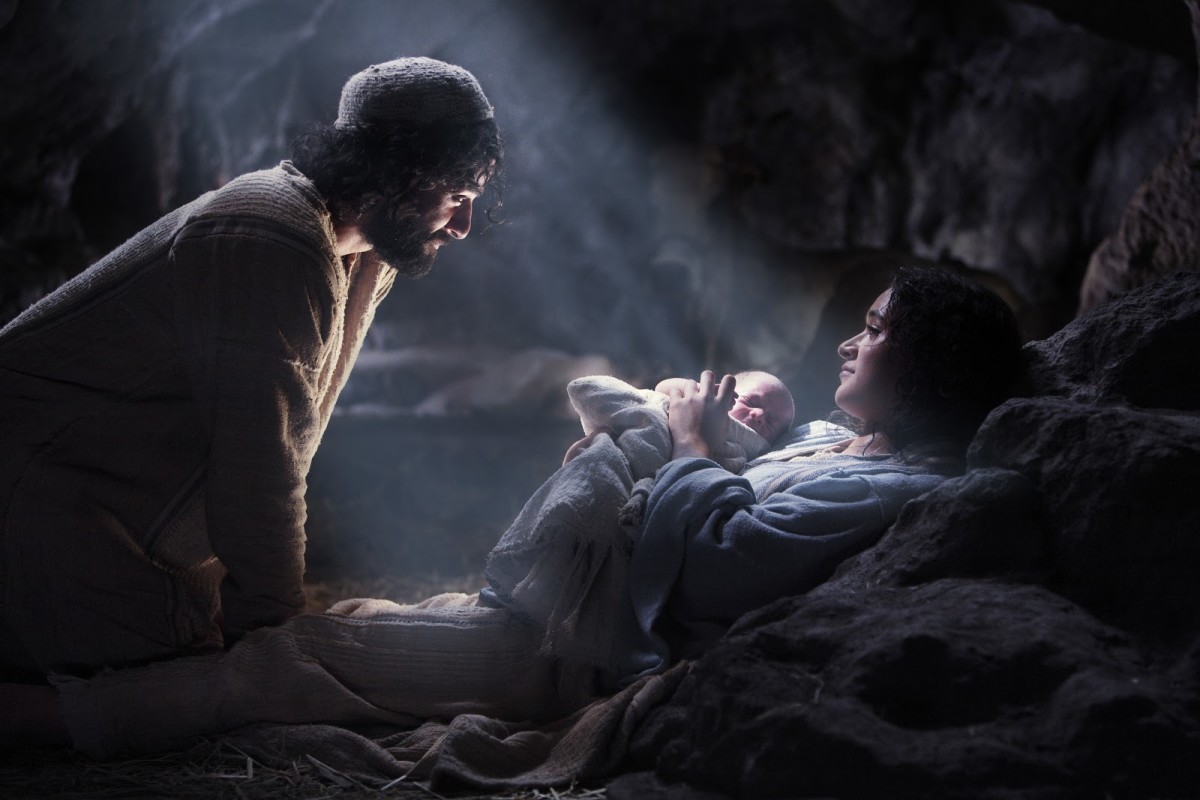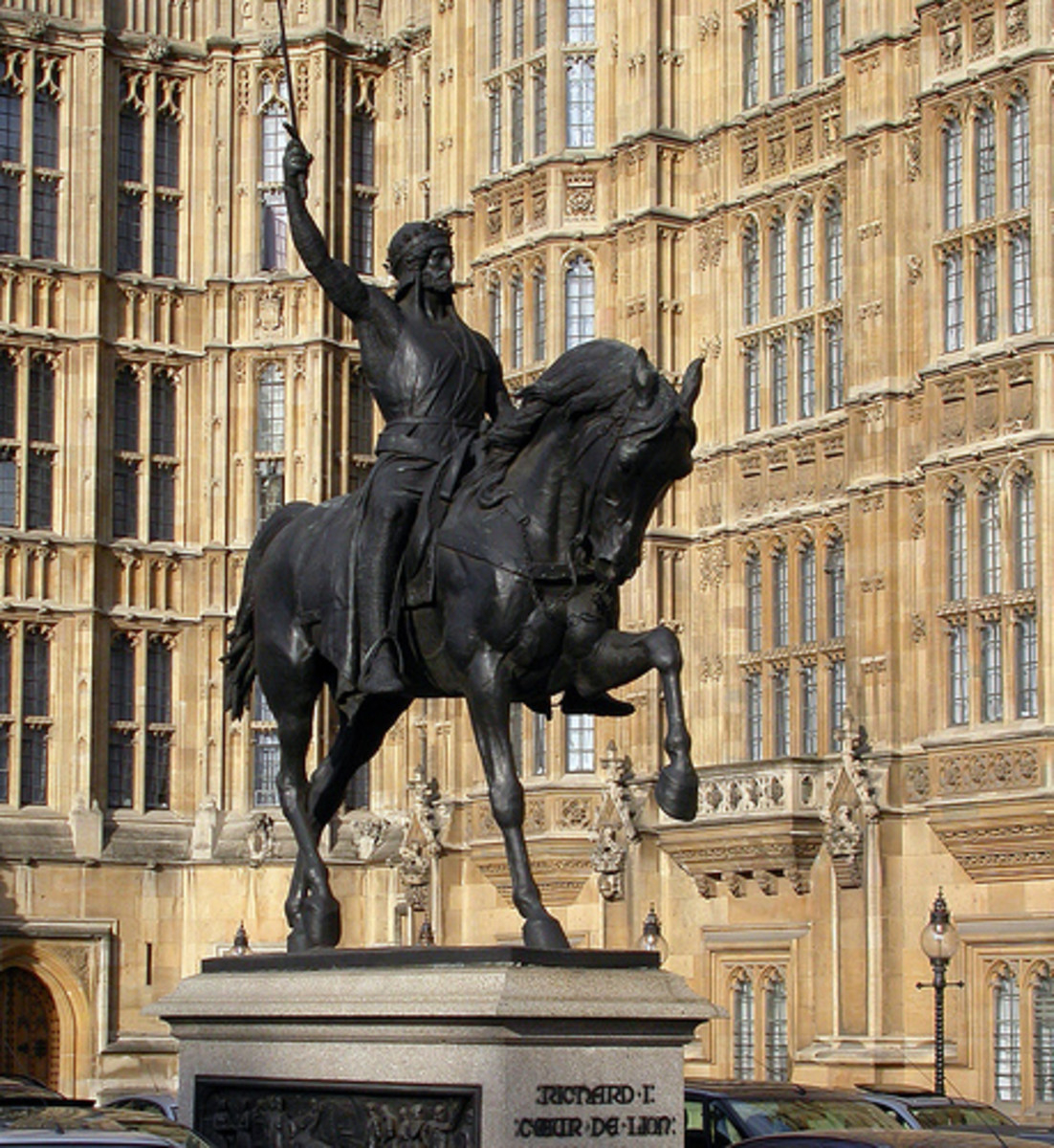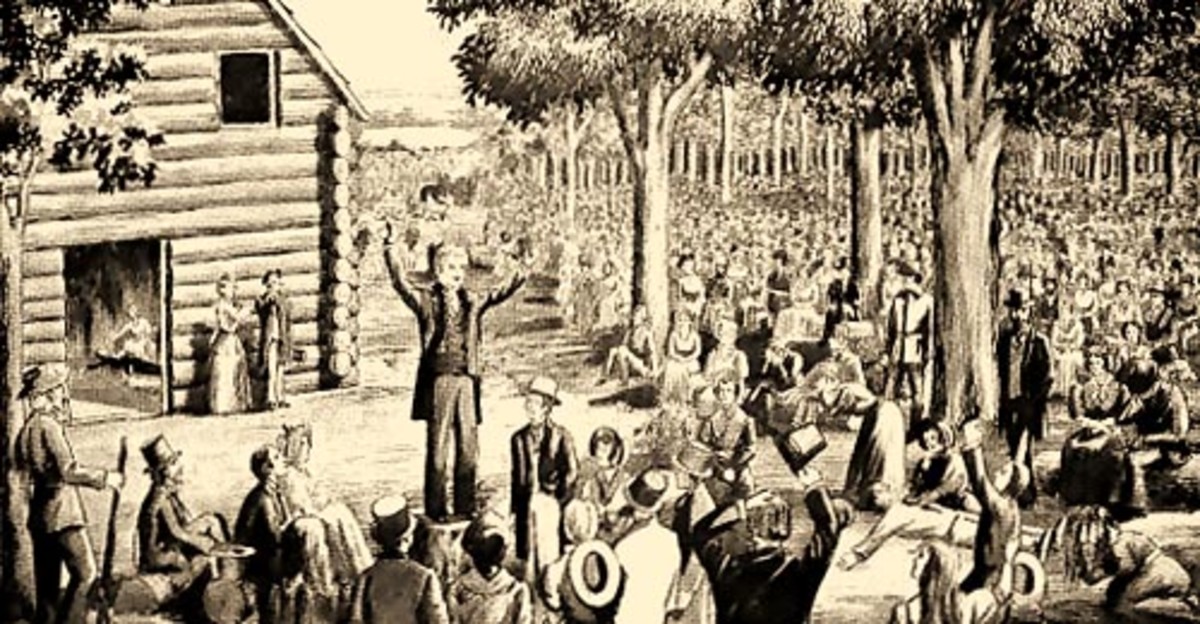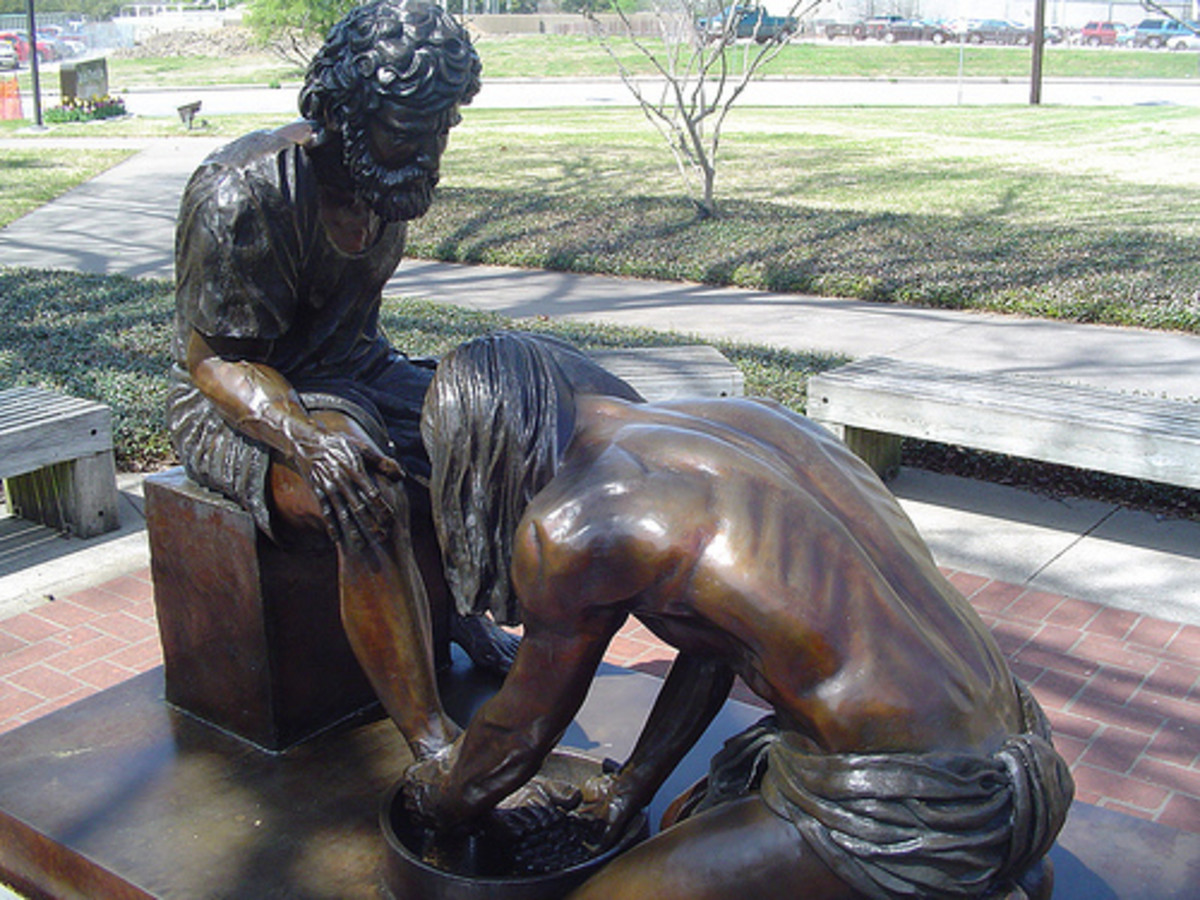Explosion, The church grows!
The promised comforter

The birth of the Church
A few days after Jesus ascended into heaven the disciples were all together and praying. As I sit here I kind of wonder what they might have been praying? Direction maybe? Strength for whatever lay ahead? I just wonder.
Pentecost is often seen as the birthday of the Church or Christian faith, but I wonder if that didn't happen a few weeks before on Easter Suday when Jesus breathed on the Disciples and told them to 'receive the Spirit' and something much more dynamic was going on at Pentecost, it was the equipping and the beginning of the demonstration of just how big the scope of God's plan really was!
Just a few of the places mentioned in Acts 2
Second most influential Jewish community in the Ancient world
Capital of the Persian Empire, Jews from here were in Jerusalem
Called 'Arabia' in Acts, could also be Saudi Arabia but Jewish Kings were known to rule in Yemen
Stop and think
Take a look at the above list, of the nine places five are inside the Roman Empire, but four are outside it, this was the first clue of what God was planning!
The Journey
Pentecost was one of the three festivals that the ancient Jewish men were commanded to be in Jerusalem for.The feast of 'first fruits'. Then fifty days later is 'Penetcost' or the feast of weeks (sometimes called the feast of booths as it celebrates the wandering in the desert) and finally the feast of Trumpets (Rosh Hashanna) held in the Autmn.
Jerusalem is said to have had a population of around a hundred thousand at the time of Christ, but during the feasts that would swell to four of fiive times that size and on the actual days of the feast even more so as people from the surrounding villages came in!
Because of the sheer distance involved people would make the journey maybe once in their lifetime, but when they did they'd often stay for as long as they possibly could.
Travel had been made easier by the existence of the Roman Empire and the good roads that they built, but it was still slow with the journey from Rome to Jerusalem taking at least two months (and that was going by sea 'the fast route'!). Coming from outside the Empire could take longer and many of the people in Jerusalem at the time had journeyed for months, it was the kind of trip that you only did once in your life, consequently you wanted to do and see as much of the land of your ancestors as you could possibly fit in.
The Jerusalem Jesus knew
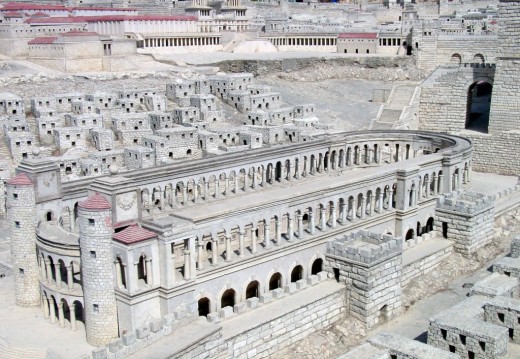
The travellers
With this part I want to get you to imagine you're the traveller.
Arriving a few weeks before, right at the time of Passover must have been an incredible feeling, to finally walk the streets where your ancestors were little boys and girls. Coming from the West maybe you'd passed the place where David had slain Goliath? approaching the city you hear singing in all kinds of languages, you know the words they're singing (in your own language) they're the 'psalms of ascents' (psalms 120 to 135 in our Bible) but everyone is singing in their own language, not caring a hoot what the others sing like and absolutely loving it as they come into the holy city.
Maybe you arrived a few days before and heard the commotion that the Galilean carpenter called Yeshua had called, turfing the moneychangers tables over and accusing them of turning the Temple into a den of thieves! maybe it was your money that went flying off the table and you had to go scrambling to get the money to pay the guy for the lamb you bought?
Then a few days later the whole city erupts in uproar as the carpenter is arrested and tried for some kind of crime, the Roman governor wants no part in it but the Jewish authorities make it clear "Either he dies or you've got trouble!!"
During the feast weird stuff happens, like some of the ceremony has to be cut out as things don't quite go the way they're meant to (no explanation) there and hey as the foriegner how are you to know anyway! Then a couple of days after the execution of that carpenter some weird story goes round that he's alive again!! (man these locals will believe anything right?)
The morning of the event
Try and picture there scene. It's nine o'clock in the morning, preperation for the feast is underway. The markets are bustling with the sounds of people buying and selling all kinds of things in preperation for the feast, maybe it's the last day or last chance to get stuff before the feast begin in earnest, or maybe the feast days have already begun and people are celebrating, all or a sudden a huge commotion breraks out and people are running crazy everywhere, shouting, cheering, dancing with some really having fun, but others clearly getting upset and the seeming drunken revelry going on.
It appears that there's a bunch of folks, about a hundred or so who are 'smashed out of their skulls' they're seemnigly so drunk the crowds are getting mad at them, and they're all speaking in different languages!
Then a leader of the group (they all seem to be part of one group) stands up and begins to speak, let's take a look at what he actually said.
"Men of Israel" he begins, "It's only 9am, these folks aren't drunk!" That's a classic way to start a sermon! I wonder how many churches that would go down well with? but whatever was going on it was enough of a commotion or chaos that they thought these folks were out of control!
Next Peter tells us that what's happening is actually a fulfilment of a prophecy given some seven hundred years before possibly from before the time of the Babylonian exile that said that when the 'day of the Lord' comes there'll be a reversal of the Tower of Babel when God created and confused the languages. The strange part here is that among the strange 'cacophony' of sound everyone was hearing people speak to them in their own language!! (Acts 2 verse 6)
An Orthodox Priest explaining the layout of the Ancient City
What Peter says about Jesus
Jesus is the focus of Peter's message, how did he understand what or who Jesus was? Did Peter 'get it' straight away that Jesus was the 'Son of God' or did he work it out later?
This was the first message preached to the 'fledgling' church and as such you could pretty much expect some idea of what the earliest christians.
"Jesus, a man attested by God to you. A miracle worker"
Let's remember that when Jesus asked the disciples who they thought he was it was Peter who replied "You are the Messiah" (Mark 8 verse 29). Matthew says he said "You are the Christ (Greek for Messiah) the Son of the living God" (Matthew 16 verse 16). Luke is giving us the recollections of people who were there on the day, not just of the disciples who were now Apostles but also of the people in the crowd and what they heard Peter say that day, Mark's account is what Peter himself remembered saying to Jesus at the time. Matthew, writing for a Jewish audience a few years later (around AD 70) is interpreting it in a slightly more Jewish way than Luke is.
"Whom God raised from the dead" It was God the father who raised Jesus from the dead. Later Peter placed tells us that it was God the Father who placed Jesus in the exalted position of "SON" (Acts 2 verse 33) and they were still working out what it meant!
Why is this important?
Personally I think this is really important as it shows us that contrary to what we think the early christians didn't have all their doctrine 'worked out' and in a neat bundle! There have been times down through the centuries when the Holy Spirit has come and shown us things in the writings that he's had recorded for us so that we can understand more and more about God the Father, Christ the Son and the Holy Spirit who is the comforter, seperate yet somehow still only one!
Some of this stuff it took the church centuries to work out, some of it we still haven't fully comprehended and some of it will only become apparent when Jesus comes back for his bride the church! but let's look at what did happen.
Read about the Church in the East
The aftermath
That day the number of believers in Jesus jumped from about a hundred and twenty to around three thousand! (around a 2,000% growth). Maybe these folks stayed around a little longer, but they had to go home eventually and when they went they took their faith with them.
By 49 AD there were enough Christians in Rome (no Apostle visited Rome until Paul around 62 AD as far as we know) to cause problems and rioting between them and the Jews. Emperor Claudius threw them out of the city (that's when Paul meets Aquilla and Priscilla in Ephesus, they were from Rome).
By 50 AD Thomas had reached southern India and was busy planting churches, he planted a total of seven churches who then reached out and possibly reached as far as China and Japan by around 70 AD
By 50 AD the church in Armenia which was a buffer state between Rome and the Parthians was well on the way to becoming the first Christian nation, it also became a major staging point for the church's growth into the Caspian area and some traditions have the Apostle Andrew (Peter's brother) getting as far as Odessa on the Black sea!
By 45 AD the church in Ethiopia was well established (as far as we know no Apostles ever visited!!) and growing
But here's the strange part to all this, the church was growing in these areas because of the Jewish communities that were there! They still saw themselves as being Jewish and for the first part at least were only really growing among the ethnic Jews and those who converted to Judaism!
How did the Church break that mold?


